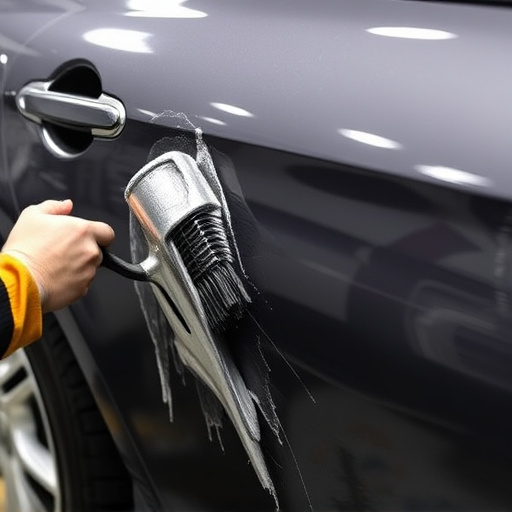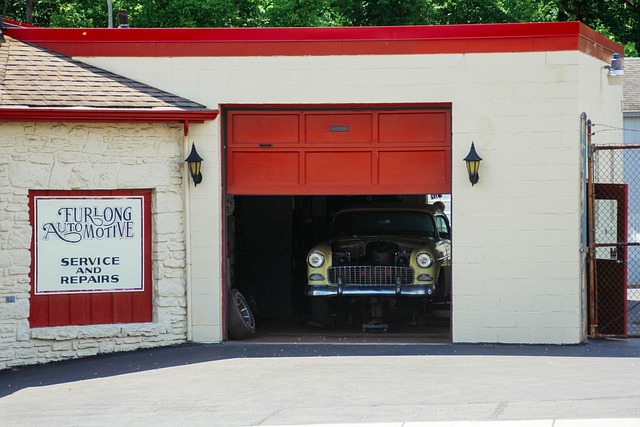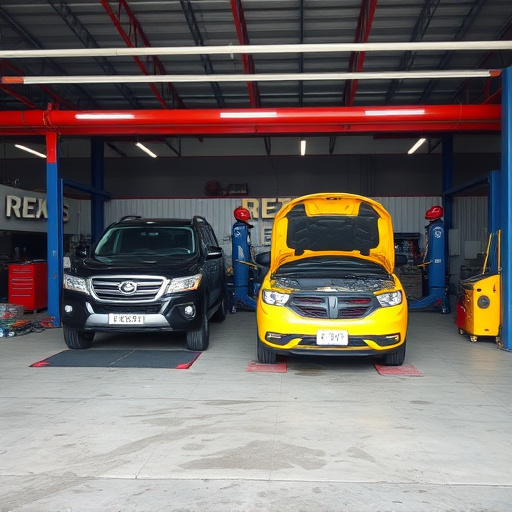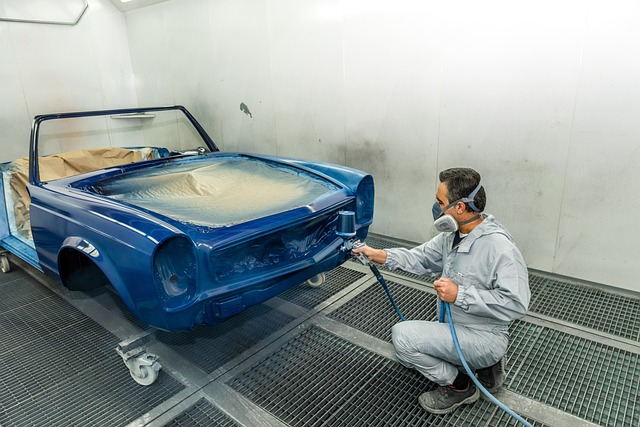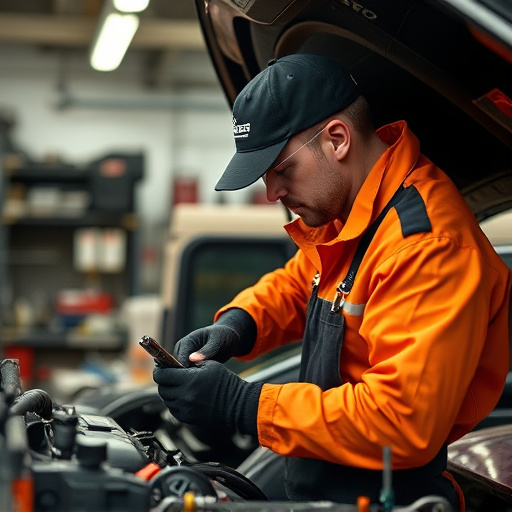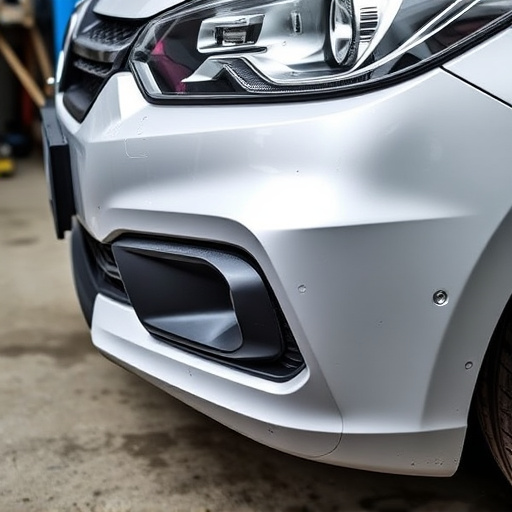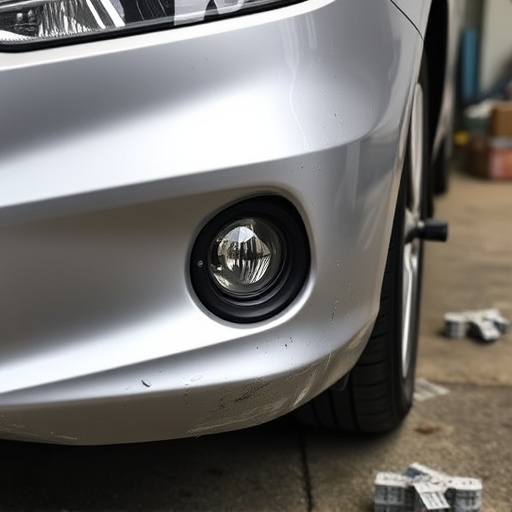In recent years, a growing eco-consciousness among consumers has pressured businesses, especially high-impact industries like vehicle bodywork, to adopt sustainable practices. This trend has led to a significant reevaluation and stricter implementation of environmental paint standards, driving the development and increased demand for low-VOC, water-based, and natural plant/mineral-derived paints. Traditional auto body services have had to adapt by incorporating these new, environmentally friendly standards into their offerings to appeal to conscious consumers. This shift not only addresses environmental concerns but also fosters innovation in product development and business strategies within the paint industry.
“The evolution of environmental paint standards has forever reshaped business strategies, particularly in response to escalating eco-conscious consumer demand. As global markets embrace sustainability, the paint industry stands as a testament to this shift. This article explores the multifaceted impact of stringent environmental regulations and delves into the technological innovations driving the creation of safer, more eco-friendly products. By examining these factors, we uncover how businesses have adapted, reshaping their R&D efforts, supply chains, and market positioning to meet the evolving expectations of environmentally mindful consumers.”
- The Rise of Eco-Conscious Consumers
- – How changing consumer preferences pushed businesses to adopt greener practices
- – Impact on paint industry: shifts in demand for eco-friendly products
The Rise of Eco-Conscious Consumers
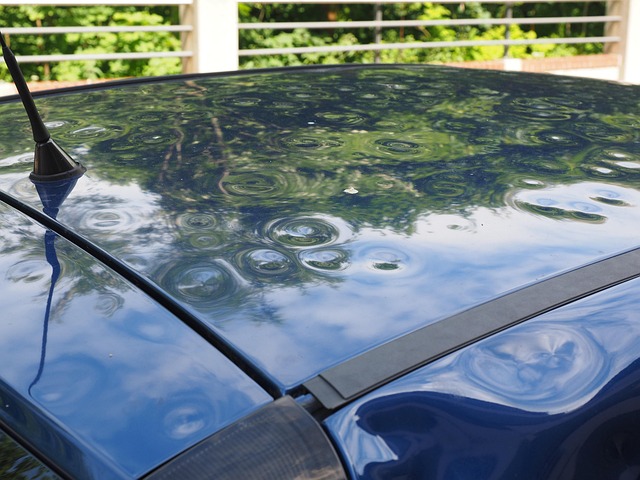
In recent years, a significant shift has occurred in consumer behavior, with an increasing number of people becoming eco-conscious about their purchasing decisions. This change is largely driven by a growing awareness of environmental issues and a desire to minimize personal ecological footprints. As such, businesses are now facing mounting pressure to adopt more sustainable practices, especially within industries traditionally known for their high environmental impact, like vehicle bodywork and auto glass repair. The demand for eco-friendly products and services has led to a substantial reevaluation of environmental paint standards.
This new trend has forever changed how businesses operate, pushing them to innovate and adapt. Manufacturers are now prioritizing the development of low-VOC (volatile organic compound) paints and coatings, which not only reduce air pollution but also offer better interior air quality for consumers. As a result, traditional auto body services have had to evolve, incorporating these new environmental paint standards into their offerings. This shift is not just about meeting regulatory requirements; it’s about appealing to a growing market of consumers who actively seek out and support businesses that align with their values, promoting sustainability in everyday choices, including vehicle bodywork and auto glass repair.
– How changing consumer preferences pushed businesses to adopt greener practices

As environmental awareness grew, so did consumer demand for eco-friendly products and services, including those in the automotive sector. This shift in preference became a powerful driver for businesses, especially in industries like auto body shops and car body repair centers, to adopt greener practices. Traditional paint manufacturing processes often relied on harmful chemicals and toxic substances, raising environmental and health concerns.
In response, companies started reevaluating their methods, leading to the implementation of stricter environmental paint standards. This transformation was not just a reaction to regulatory changes but also a strategic move to meet consumer expectations. Today, many auto maintenance businesses prioritize sustainable practices, offering customers not only healthier alternatives but also contributing to a more environmentally conscious culture, especially in light of the growing demand for eco-friendly car body repair services.
– Impact on paint industry: shifts in demand for eco-friendly products

The introduction of stringent environmental paint standards has significantly reshaped the landscape of the paint industry. As consumers and businesses become more conscious of sustainability, there’s been a noticeable shift in demand towards eco-friendly products. This change has compelled manufacturers to innovate and reformulate their offerings to meet these new, stricter guidelines. Consequently, the industry has witnessed a surge in the production of low-VOC (volatile organic compound) paints, water-based coatings, and natural alternatives derived from plants and minerals.
This transition isn’t just about adhering to regulations; it’s also about appealing to environmentally-conscious consumers who prefer eco-friendly auto bodywork and car body repair services. As a result, traditional paint manufacturers have had to adapt their strategies, focusing on research and development to create products that offer comparable performance while minimizing environmental impact. This evolution in the industry promises not only to mitigate pollution but also to open new avenues for growth and innovation, particularly in sectors like auto frame repair and car bodywork services.
As consumers became increasingly eco-conscious, businesses were compelled to adapt and embrace more sustainable practices. This shift in preference significantly impacted the paint industry, driving a substantial demand for environmentally friendly products. The adoption of stricter environmental paint standards marked a pivotal moment, forever changing how businesses operate. By responding to this change, companies not only met consumer expectations but also contributed to a greener future.

